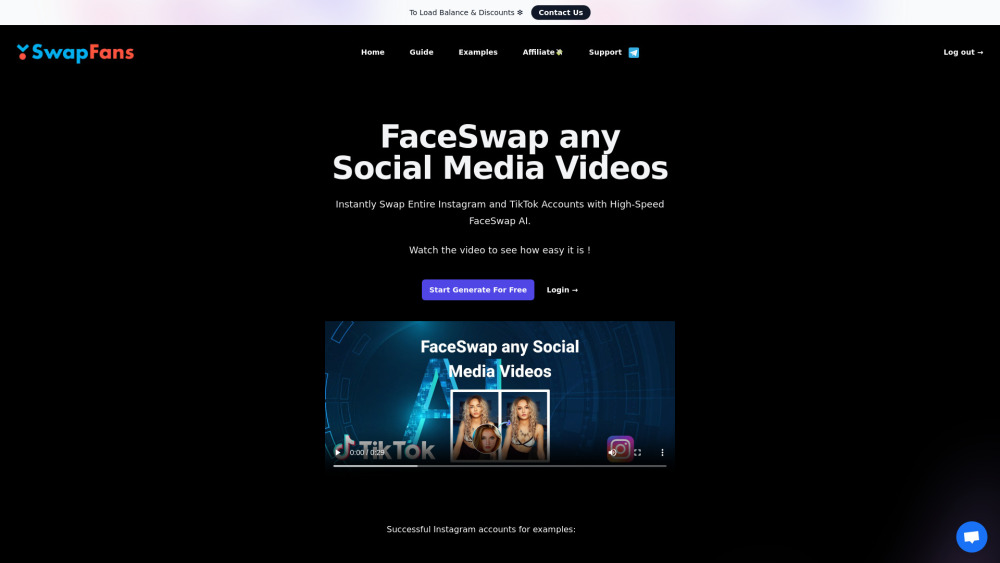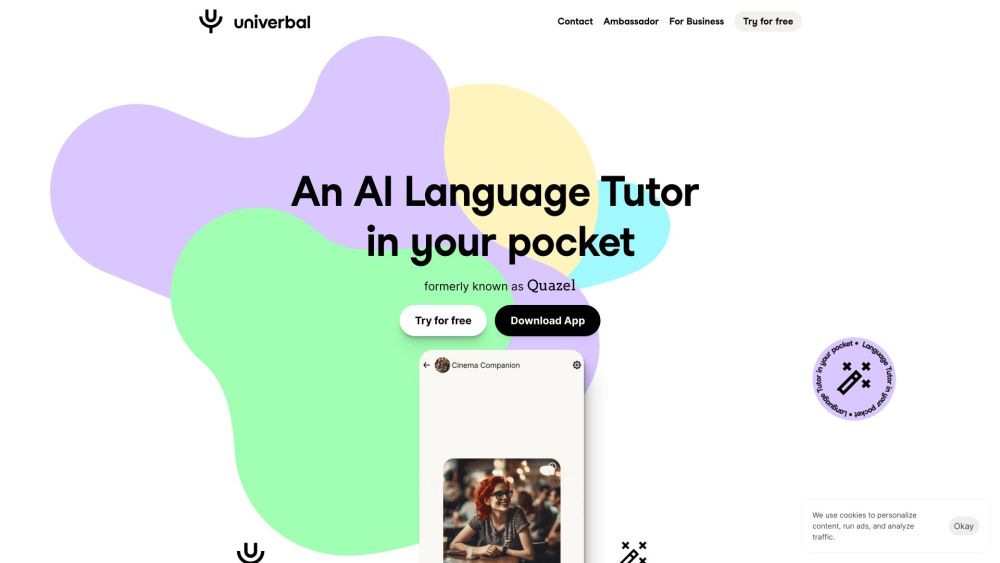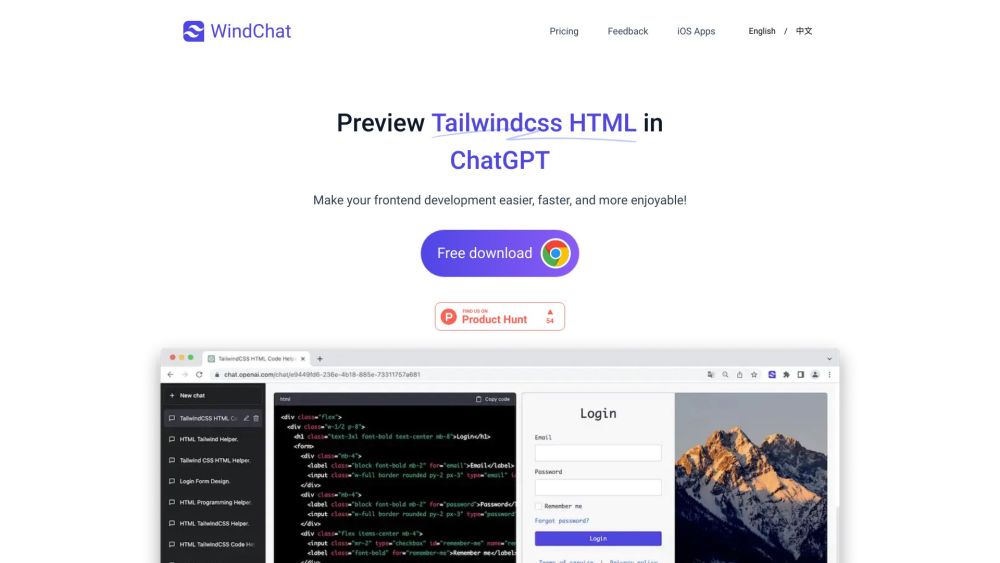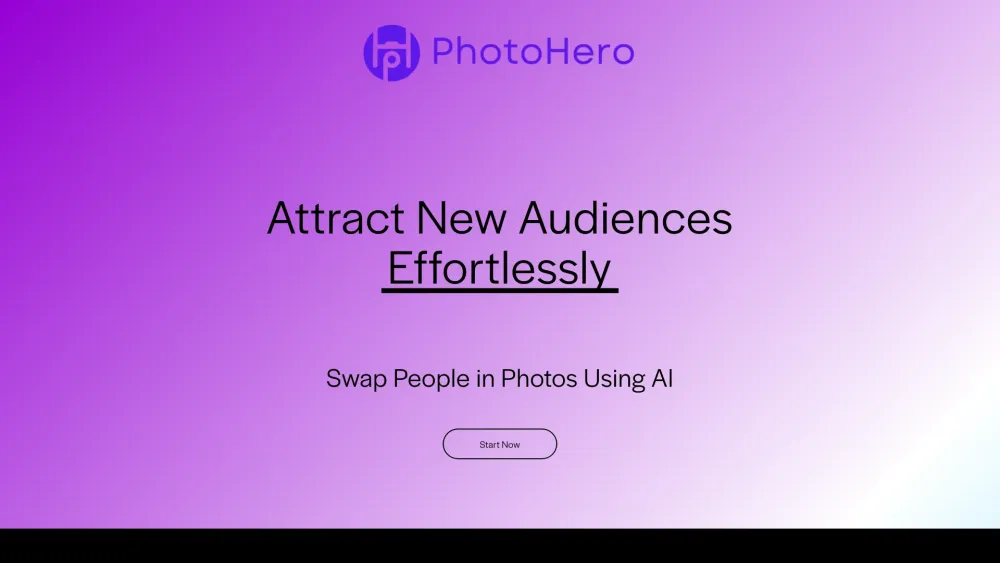Sam Altman, Peak XV, and Daniel Gross, along with Nat Friedman, are backing an innovative AI startup founded by two teenagers, aimed at helping businesses automate workflows in groundbreaking ways. Induced AI, established this year, allows companies to express their workflows in plain English, converting these instructions into pseudo-code in real time for various repetitive tasks typically handled by back-office operations.
The Induced AI platform creates Chromium-based browser instances that utilize advanced technology to read on-screen content and control the browser like a human to execute various steps in a workflow. This enables the browser instances to interact with websites, even those lacking an API, as demonstrated by Aryan Sharma, the co-founder and CEO of Induced AI.
Zapier is one of the early leaders in API integration, linking disparate applications and offering businesses a path to automated and efficient workflows. By using automated workflows, companies can streamline operations and drive innovation without needing extensive technical knowledge. Eighteen-year-old Sharma, who co-founded the startup with 19-year-old Ayush Pathak, believes Induced AI can establish a new integration economy focused on browser-native workflows.
These workflows can be intricate and logic-driven, incorporating two-factor authentication dialogues. Induced AI employs a bi-directional interaction system that allows for human involvement as needed, while autonomously managing other tasks, according to Sharma.
“We’ve built a browser environment on top of Chromium specifically designed for autonomous workflow execution. It features its own memory, file system, and authentication credentials (like email/phone number) for managing complex processes. To my knowledge, we’re the first to reinvent the browser for native AI agents. As a result, handling complicated logins, 2FA (where we auto-fill authentication codes/SMS), file downloads, and data storage and reuse becomes feasible—capabilities that other autonomous agents struggle with,” Sharma explained.
Unlike traditional models where manual tagging of HTML elements could take hours, Induced AI bypasses this by leveraging a system capable of understanding necessary information from natural language instructions. It can dynamically adjust to modifications as needed.
Induced AI is not alone in the marketplace; many modern Robotic Process Automation (RPA) concepts have emerged recently on platforms like X and Hacker News. However, Sharma highlights several unique aspects that differentiate Induced AI: it can manage multiple tasks simultaneously and operates entirely remotely.
Currently consisting of just five team members, the startup has recently acquired several small to mid-sized clients, including a sales firm utilizing Induced AI for employee onboarding, and is exploring numerous new use cases, according to Sharma.
Recently, Induced AI announced it has raised $2.3 million in its seed funding round, with investors including SignalFire, Untitled Ventures, SV Angel, Superscrypt, Balaji Srinivasan, Julian Weisser, IDEO CoLab, and OnDeck.
“Induced AI epitomizes RPA 3.0. They are not only advancing true human-like interaction and efficiency, but also democratizing access by enabling users to describe their workflows in natural language and execute parallel agents for any back-office task,” remarked SignalFire’s Elaine Zelby.




